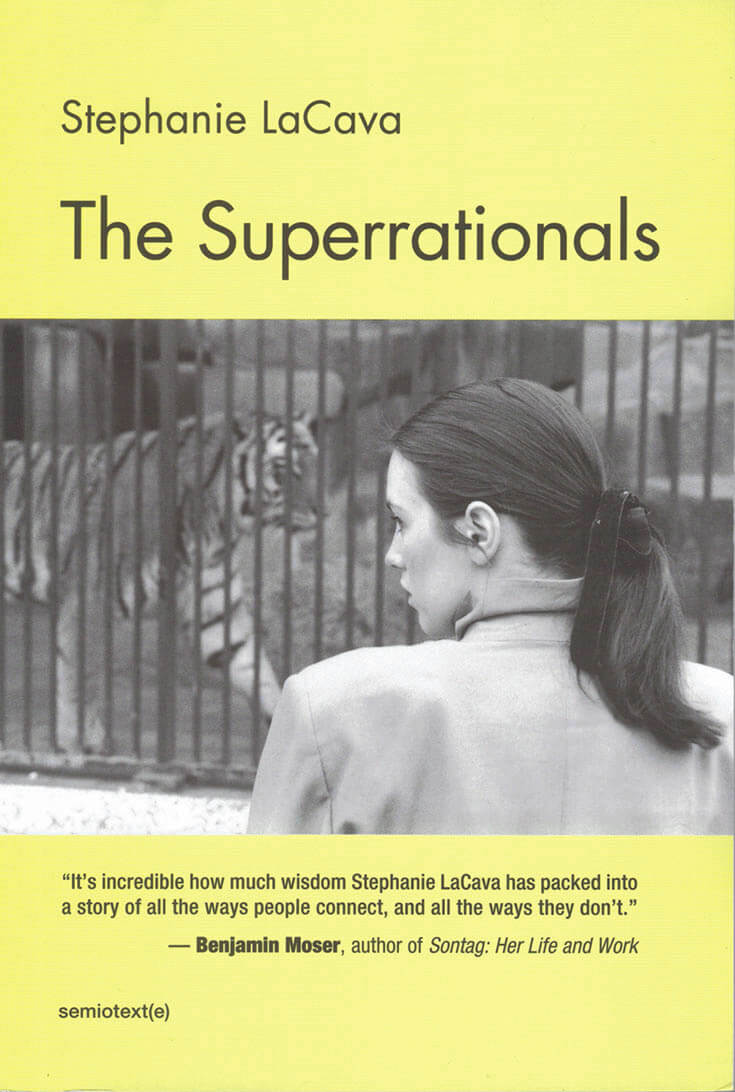Poems presents four unpublished poems by American writer and actress Zoë Lund (1962–1999), written in the 1980s. An incandescent voice emerges, revealing the might, sincerity, and precision of her expression, as well as her vulnerability and defiance in the face of death. This is the first publication dedicated to her work.
Translated into French by Stephanie LaCava and Manon Lutanie, and presented in a bilingual volume (English, French), the poems are introduced by Stephanie LaCava, who retraces their genesis and examines the personality of their author:
"She is unsure of her identity, but hints at certain proclivities: action as the only true form of activism (sustained readiness to strike); a taste for contradictory characters (strength exists where there is also cowardice); romance. [...] Uninterested in mute beauty, Lund wanted to write and produce her own projects. In a news clipping from 1983, titled 'Young Political Filmmaker Shooting at Mount Holyoke,' there is a striking picture of Lund 'working on a film about the radicalization of a young woman,' per the caption. The article talks of her 'uncompromising idealism' and feelings about the naïveté of both American liberals and leftists.
Three years later, in 1986, 'Touchstone Levity' was written, and [...], the same year, "Opium Wars." The latter speaks to Lund's interest in drugs (she had a taste for heroin and would die of heart failure at thirty-seven)."
Printed offset in Italy on a matte, natural paper, stapled, the book also features black-and-white pictures of Lund taken in Paris by the filmmaker, critic, and activist Édouard de Laurot, then the author's partner, in the early 1980s. It's striking to see her in Paris on these images, smoking and posing in front of the Eiffel Tower, disheveled in a nightclub, caught on camera at a shooting range, at such a young age—when we know she would die in Paris fifteen years later. It seemed right to choose these images to accompany the poems, which were written in the same decade, and in the context of this French-American publication.








